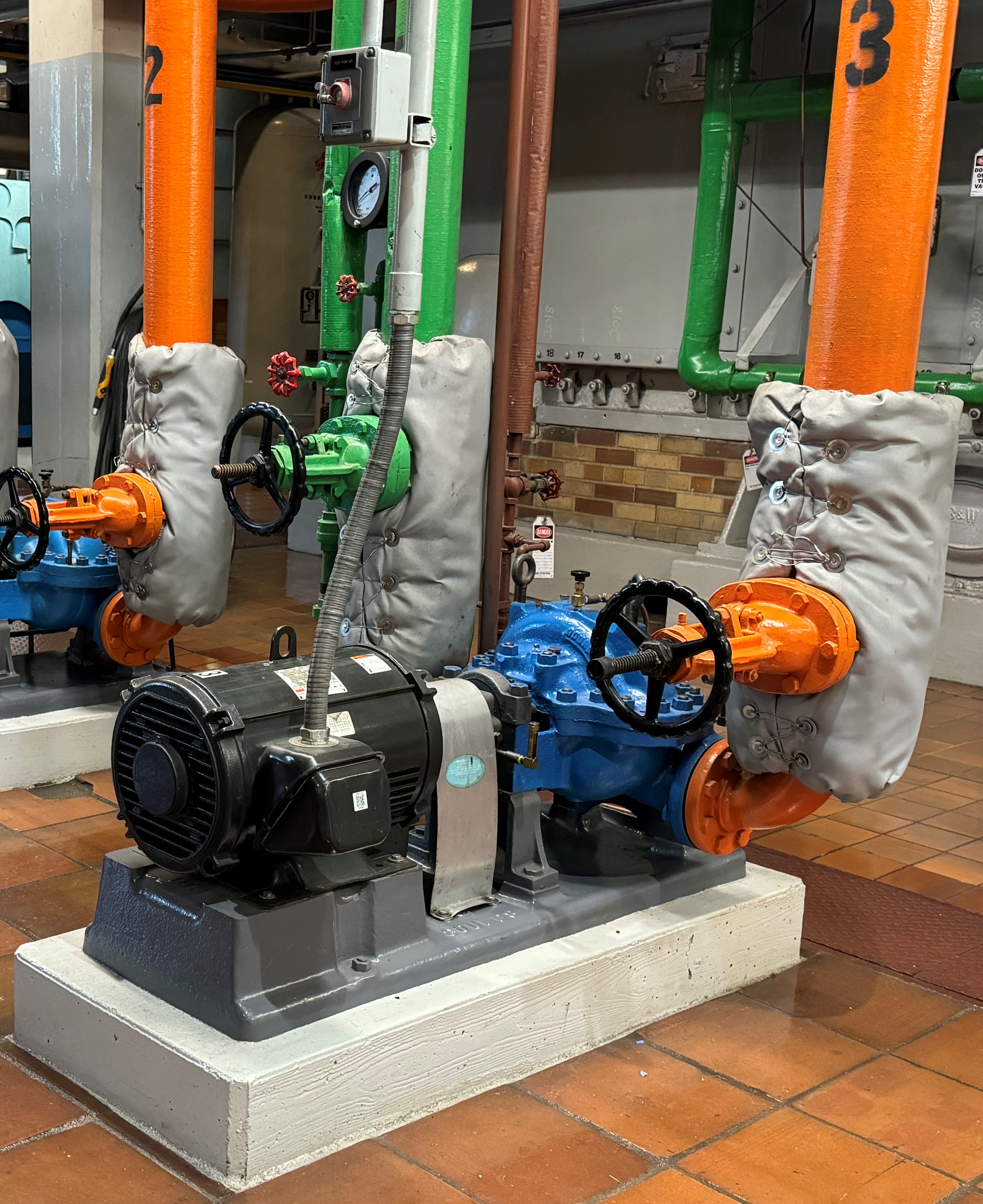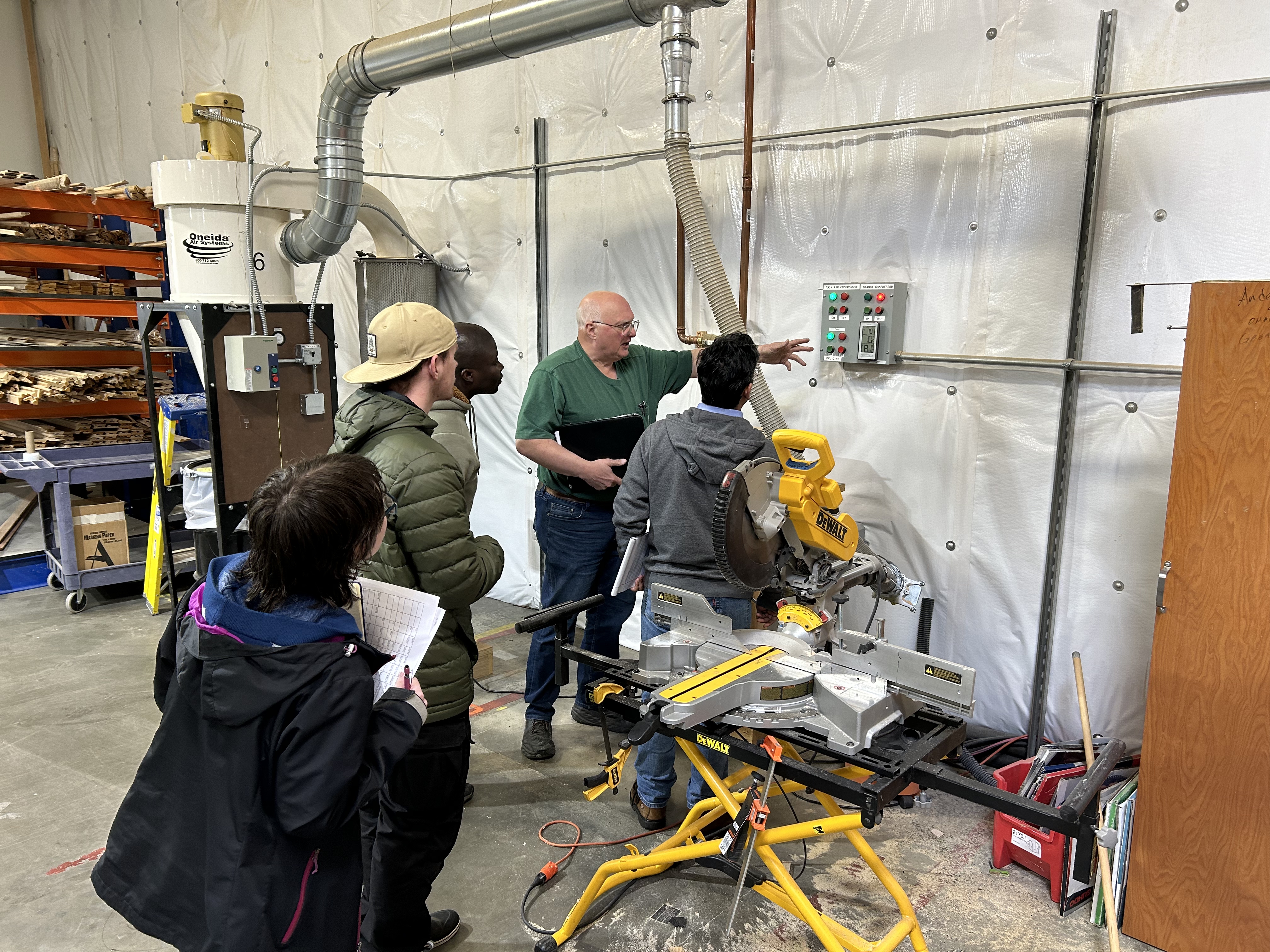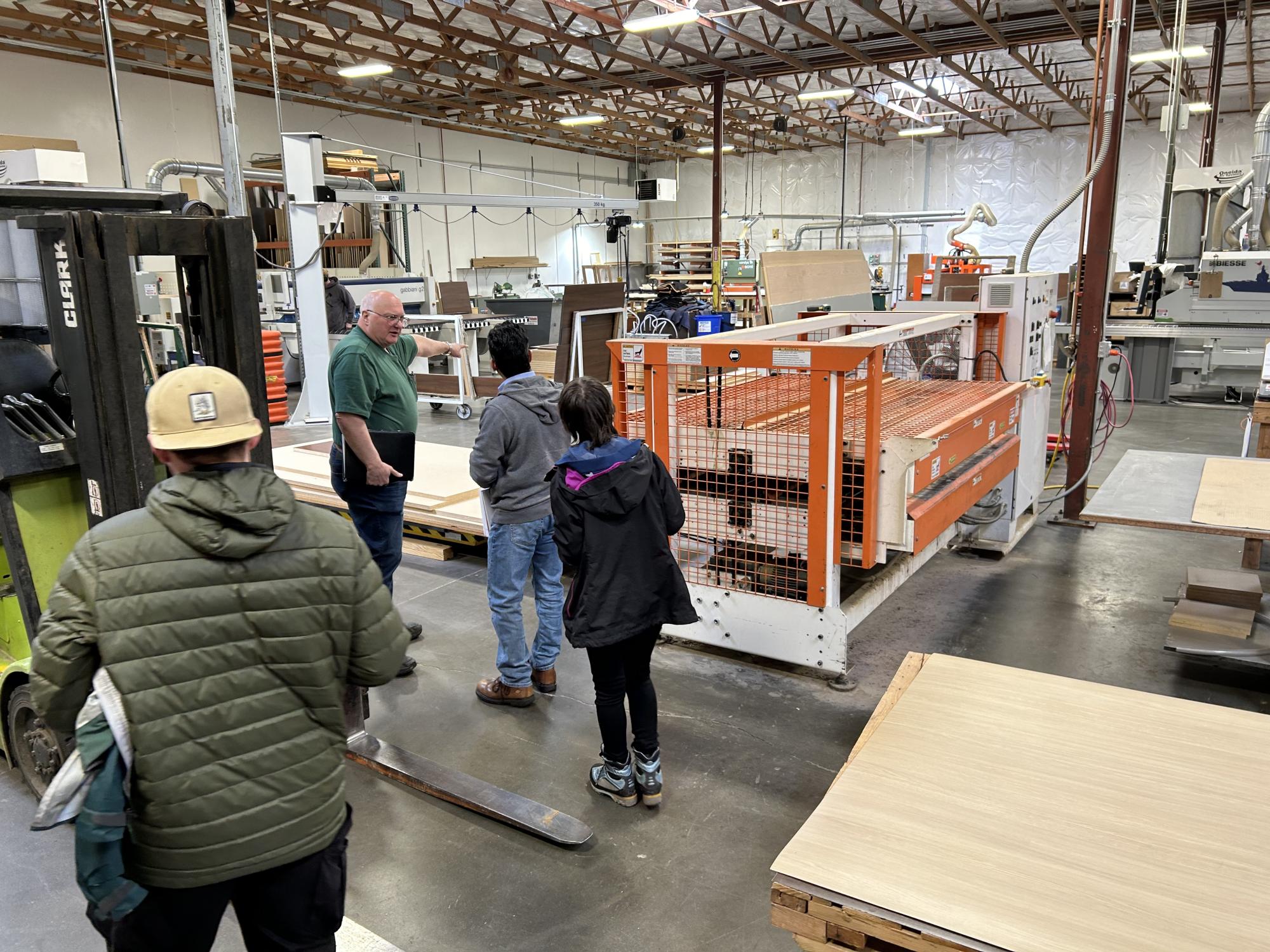This program is supported by the Institute for Energy Studies at WWU.
A Confidentiality Agreement is signed by the company and the EAP, and the analysis report contains no proprietary or identifying information.
The team visits a facility for one day to examine the manufacturing processes and take measurements. These visits are non-intrusive to plant operations.
Assessments do not monitor regulatory compliance. Advice is offered to save energy, reduce waste, and increase productivity.
The facility has no obligation to act on recommendations; however, the EAP succeeds by saving you energy and money.
Implementation is a simple way to make your business more cost-efficient and profitable.
- Standard Industrial Classification (SIC) Codes 2000-3999
- Gross annual sales up to $100M
- $100K to $3.5M in annual utility bills
- Fewer than 500 employees
- No in-house professional staff to perform energy assessments
- Some limitations apply on assessment performed at multiple facilities with the same corporate entity

Benefits for Businesses
- It's free
- Equivalent to ASHRAE Level 2 audit (a $10,000 value)
- Save up to 30% on energy bills
- Energy efficiency and best practices training for plant personnel
- Detailed report provided with plant-wide energy consumption and savings opportunities
- Latest information on state-of-the art technologies, industrial equipment, and State and Federal rebates
- Form connections with faculty and prospective interns
Benefits for Students
- Hands-on training in industrial settings
- Reinforce knowledge of industrial-level energy savings opportunities
- Form professional connections

Contact Us
To get started with your free energy assessment, please complete this short interest form and our Lead Assessor will follow up directly.
Have More Questions?
Institute for Energy Studies
ATTN: Dr. Nipun Goel
516 High Street MS 9084
Bellingham, WA 98225
(360) 650-4431

About the Lead Assessor
Dr. Nipun Goel has more than 11 years of experience in energy efficiency and renewable energy. He has performed energy assessments at more than 80 manufacturing units and made more than 350 independent energy savings recommendations, roughly 40% of which were implemented by the plants resulting in more than $1M in energy savings.
